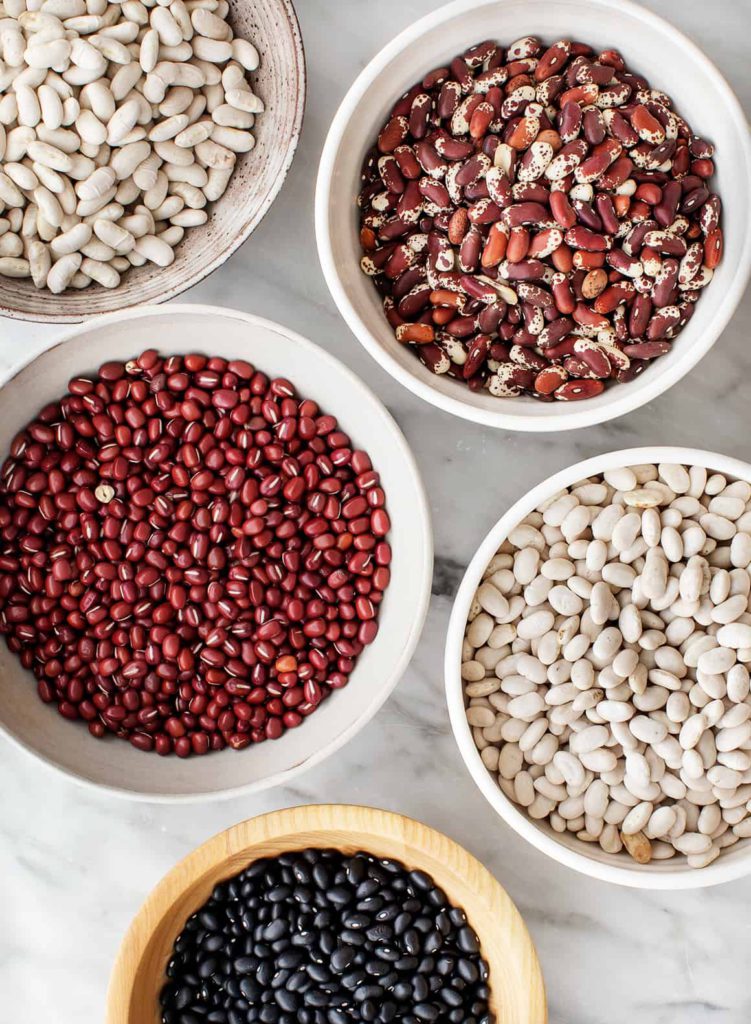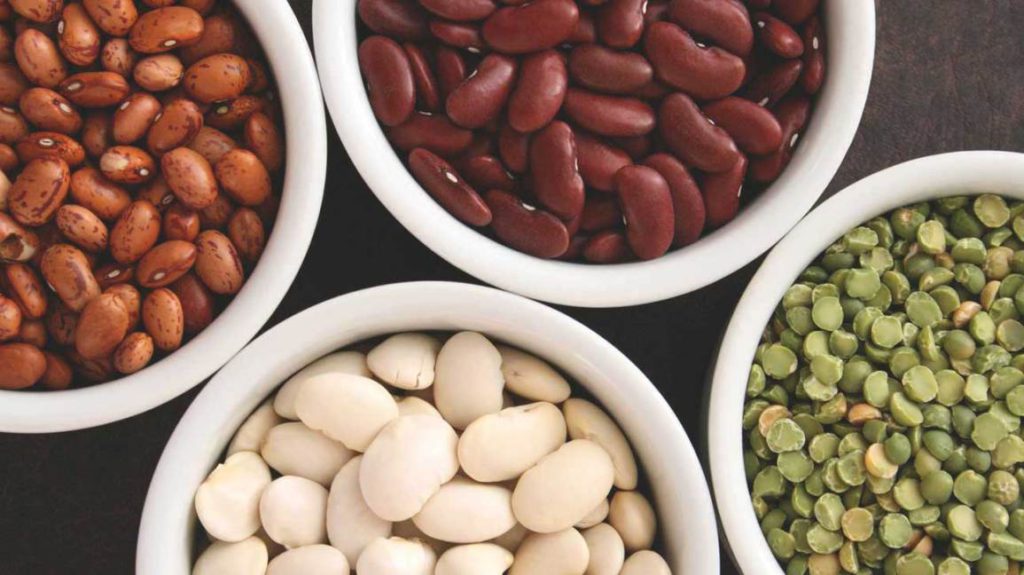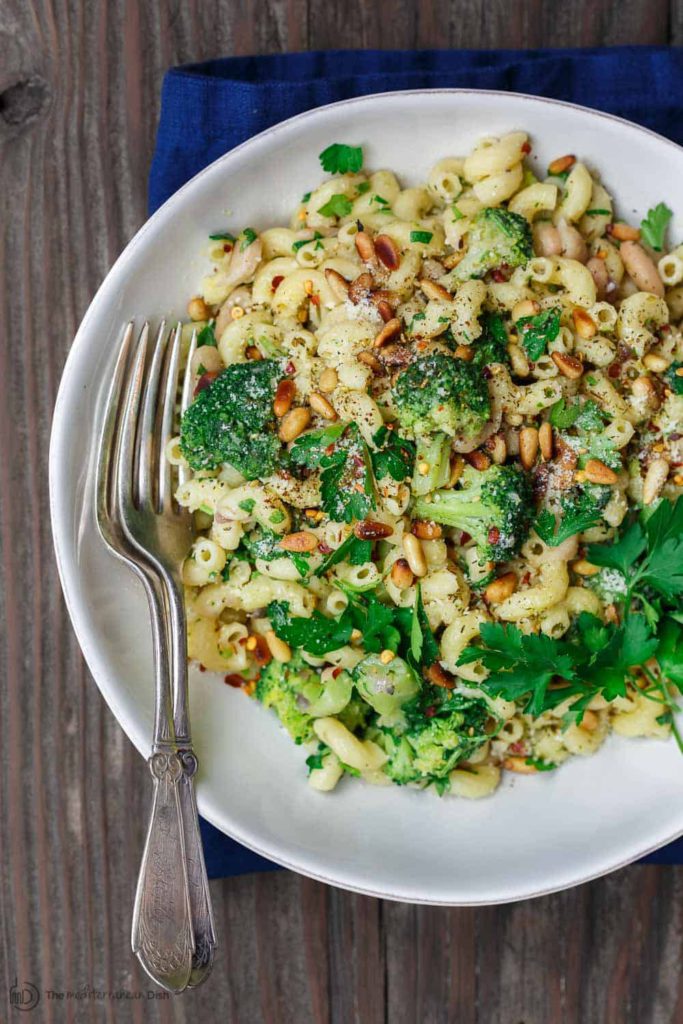
Credits@GoogleImages
Few foods can’t match the variety of health benefits which you can get only from legumes. Beans and legumes are the seeds that belong to a family of plants called “Fabaceae”. They are eaten around the world and are rich in vitamin B and fiber. Studies agree that people who eat the most lentils, peas, and beans have a lower risk of heart diseases and cancer. You can drain canned beans in a colander and rinse with water to remove the salt. Another way is to buy canned beans with no salt at all and get them stored. Consume them in whatever ways you feel like having them, with salt or without salt. The choice is yours!

Credits@GoogleImages
Hello Mr. BEAN, who are you?
Beans grow in capsules or pods that develop from flowers. They are available either canned, frozen, or dry. They differ in their nutritional value and helps in building body proteins.
These are used in making new tissues, skin, hair and regulates blood. There are much variety of proteins such as:
- Red beans
- Soybeans
- Kidney beans
- Lima beans
- Navy beans
- Pinto beans
- Garbanzo beans
- Black-eyed beans

Credits@GoogleImages
Health benefits of consuming beans:
- They regulate smooth digestion:
Being backed up is not just uncomfortable; it can be more dangerous. Chronic constipation leads to an increased risk of colorectal cancer. So, to keep food moving smoothly, make sure that you consume beans in your diet. Usually, legumes contain a lot of fiber, and they help in regulating easy bowel movements. They also prevent constipation and helps keep your colon happy.
- Helps in reducing cholesterol levels:
The soluble fibers present in beans help in reducing total blood cholesterol levels simply by lowering low-density lipoprotein. Studies show that high-fiber foods have other heart-health benefits, such as reducing blood pressure and inflammation too. Eating beans benefit men’s LDL cholesterol levels more than women’s. Men have higher cholesterol levels, and they respond better when they consume healthier foods. Eating beans daily; helps in improving cholesterol levels in two different ways. One is by displacing other foods in the diet, and the other way is consuming beans and fiber.
- They help in controlling blood sugar levels:
Beans are great alternatives to meat due to their high nutrient value. They also contain a significant amount of protein, fiber, and other essential nutrients that are extremely beneficial for health. Beans are considered a superfood for diabetes. Adding beans to your meal help keep blood sugar levels stable in people who are suffering from type 2 diabetes. The reason; why they are an excellent option for diabetes is that they have a low glycemic index, which means that they do not cause a spike in an individual’s blood sugar levels. Beans are also complex carbohydrates that help people manage their blood sugar levels because the body helps to digest this form slower than other carbs.
- Helps in achieving healthy weights:
It seems like weight gaining should be a breeze. If you don’t worry about having healthy foods means you cannot rely upon sugar-rich foods. So, beans help you in this. They have enough calories that help in making difference on their own and thus can multiply their impact by mixing them with the other high-calorie foods. Also, beans are a great source of proteins, fiber, and nutrients. They also have iron, potassium, fiber, zinc, and folate. They are a good source of plant protein, which helps in gaining 1 pound weekly. They help in filling all 500 calories if you eat 2 cups of beans daily in your diet.
- They support muscle protein synthesis:
Researchers recommend eating whole-wheat pita with a garbanzo and black bean spread for a post-workout meal. The average amount of protein in beans is 15 grams. The carbs content is 47 grams, which is approximately 1:3 in ratio. Other types of beans have a low percentage of carbs and proteins, but that is still required to support muscle recovery. These proteins help in muscle synthesis that helps to add to a healthy weight gain.
- Beans keep your heart healthy:
Beans are very delicious and nutritious too. They help in promoting heart health because they contain fiber and potassium that helps in reducing the risk of cardiovascular diseases and stroke. Legumes like beans improve serum lipid profiles in patients who have coronary heart diseases. Research shows that 1/2 cup of beans per day is associated with a 38% lower risk of myocardial infarction.

Credits@GoogleImages
WAYS TO ADD BEANS TO YOUR DIET:
Usually, there are many ways to consume beans- a few of them are:
- Tucking beans into pita bread or whole-grain tortillas.
- Toss beans with sautéed veggies or mixing them with cooked greens and garlic.
- You can add them to pasta, soups, or salads.
- Beans can be consumed- with rice.
- You can spread them on sandwiches or dip them with whole-grain crackers.

Credits@GoogleImages
Consuming beans are good for your health. But adding too many beans to your diet can promote intestinal gas, cramping, and abdominal bloating. So, if you want to consume beans, slowly increase them over a few weeks. It will allow the natural bacteria in your digestive system to adjust to this change. Also, make sure that you drink a lot of water, Beans work best when it absorbs water, making your stool soft and bulky.






